7 Great Egyptian Novels Portraying the Modern Egyptian Experience
Books that will be hailed as classic a hundred years from now.
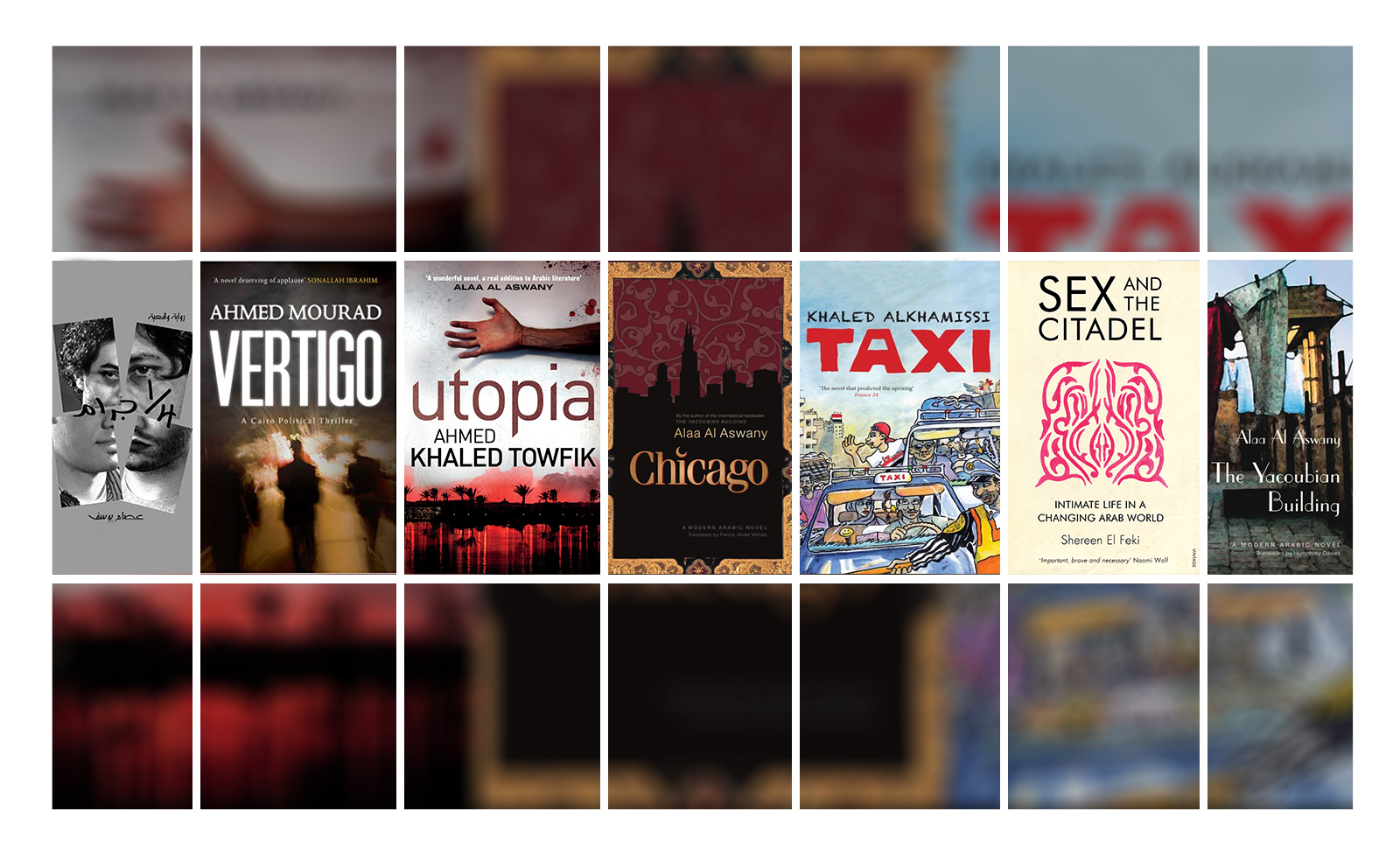
For those of us who are self-proclaimed bookworms, there's no better feeling than finding that one book that becomes a haven away from the real world. While classics like Naguib Mahfouz’s Sugar Street and Taha Hussein’s A Man of Letters will always remain the novels that triggered our love affair with the written word, we’ve got a few more to add to the list of modern Egyptian novels, each of which was written after the turn of the century. Maybe you'll see yourself and those around you in them; maybe they'll open your eyes; either way, these seven masterpieces tackle the trials and tribulations of life as an Egyptian in the most engaging and, sometimes, brutal of ways.
The Yacoubian Building (2002) by Alaa El Aswany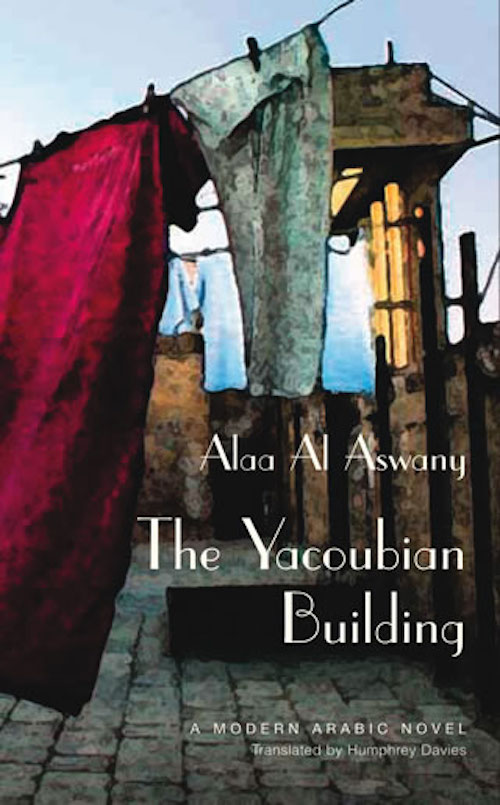
The Yacoubian Building trails the lives of several characters of different socio-economic classes, upbringing and mentality yet share one commonality: they're all residents of the once glorious Yacoubian Building. Having once been one of Cairo’s most luxurious complexes and home to many of the city's crème de la crème, the building's deteriorating state acts as a metaphor of the state of its current residents. Aswani manages to accurately portray the different segments of Egyptian society through each one of this character, from the nouveaux riches, to those refusing to let go of their memories of Cairo's golden days, to those who are barely making ends meet.
"So much and even more did Zaki Bey love women. He had known every kind, starting with Lady Kamla, daughter of the former king's maternal uncle, with whom he learned the etiquette and rites of the royal bed chambers -- the candles that burn all night, the glasses of French wine that kindle the flames of desire and obliterate fear, the hot bath before the assignation, when the body is anointed with creams and perfumes."
Taxi (2006) by Khaled El Khamissi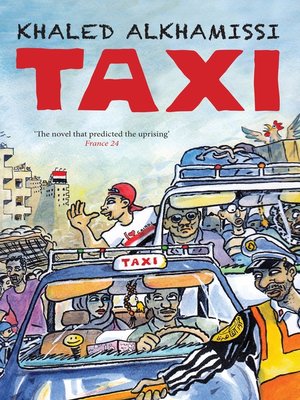
Taxi is a collection of fictional short stories as recounted by some of Egypt’s finest storytellers: Cairo’s taxi drivers. Giving voice to one of Egypt’s lower socio-economic classes, El Khamissi captures the tales of poverty, heartache, worry, fears, dreams and hopes of this segment of society. The protagonist sheds lights on these stories in a fictional setting where he is in Cairo’s traffic listening to the monologues as told by his numerous cab drivers. While the novel manages to keep a light and comical tone, the author still manages to tackle serious issues such as the level of free education in Egypt, the taxing lifestyle of Cairo, the expenses of living in a city, troubles with the government and so on. Taxi is inspired by tales the author heard here and there in Cairo growing up. While part of the novel’s charm is that it’s written in colloquial Arabic, there’s the translated version which is definitely worth a read.
“What do you mean school? I tell you he can’t write his own name. You call that a school? That’s what free education brings you. The veil of shame has finally been lifted. These days, if you don’t pay anything you don’t get anything. And the trouble is that we do pay anyway.”
Chicago (2007) by Alaa Al Aswany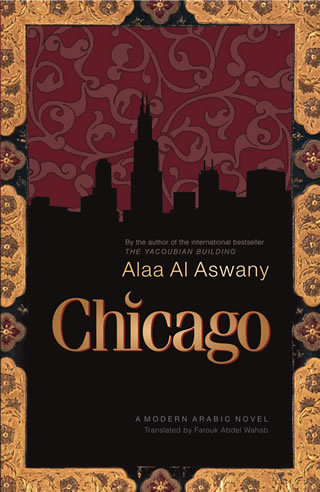
Chicago follows much the same format as The Yacoubian Building, in that the narrator tells the tale of several Egyptian immigrants who’s lives are woven together through their internal struggle to reconcile their heritage with the disparities of a place far from home: Chicago, Illinois. Aswany manages to capture archetypes of immigrants from different walks of life as they attempt to fit in to a culture that is starkly opposed to their own upbringing. The characterisations touch on ardent nationalism, modern liberalism, and the conflicted personalities that are torn between both worlds. In juxtaposing the main characters and their battle with culturally-divergent topics such as sex, Aswany manages to brilliantly capture the dichotomy of living and 'adapting' to a foreign land and the understandable refusal and/or sometimes subconscious attachment to values.
"Here they use genetic engineering to make the fruit much larger and yet it doesn't taste so good. Life in America, Nagi, is like American fruit: shiny and appetizing on the outside, but tasteless."
Vertigo (2007) by Ahmed Mourad
Vertigo is an Egyptian thriller that keeps you on the edge of your seat throughout, as the protagonist - a photographer making a living off of Cairo's high-class nightlife - finds himself intertwined in a political crime when he takes a photo that is best left un-shot (pun intended). The novel was later on adapted into a series starring Hend Sabry. Touching on Egyptian society's attitudes towards sex, religion, government and dignity, this is one novel that tackled serious matter without coming off as pretentious. While the author claims that the Vertigo was never meant for publication, it eventually became a bestseller.
Fun fact: Ahmed Mourad was former president Hosny Mubarak's private photographer.
Utopia (2008) by Ahmed Khaled Towfik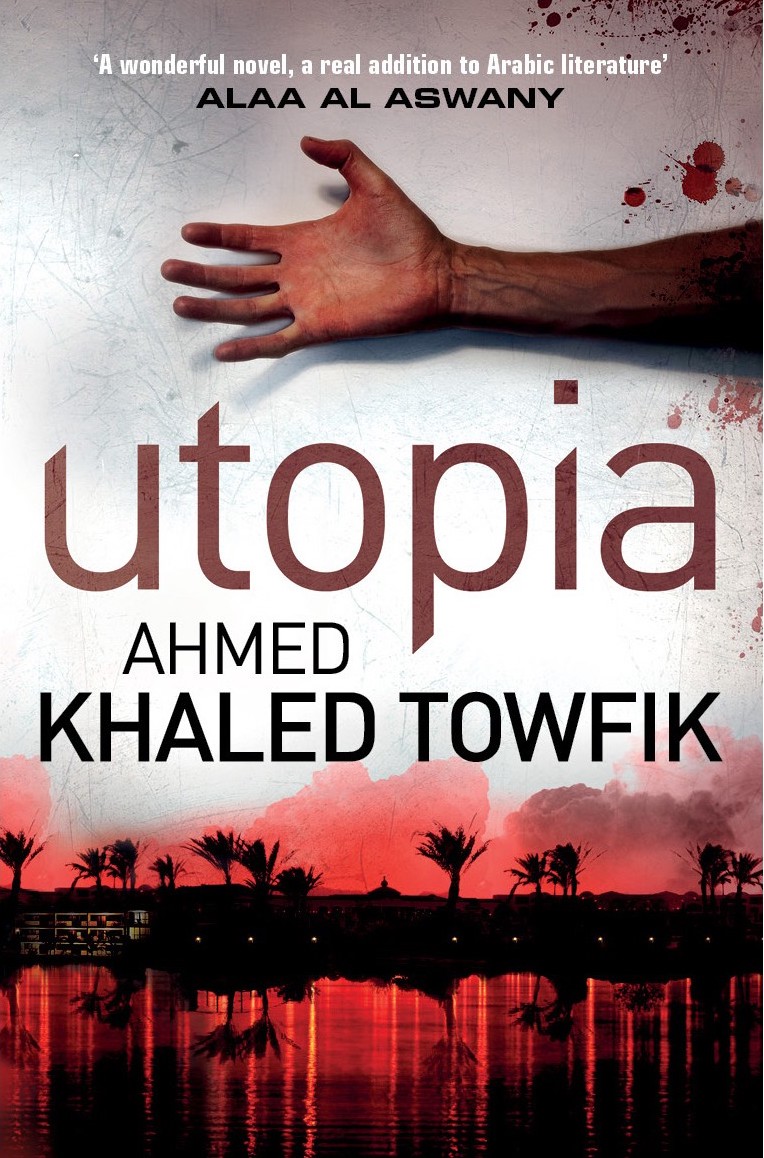
Ahmed Khaled Towfik, who passed away earlier this year, left behind a legacy of masterpieces, one of which is Utopia. The novel - which imagines a world where the 2011 revolution hadn't happened - is akin to a Middle Eastern version of The Hunger Games. It's the year 2030 and Egypt as we know it is divided into two segments, the filthy rich, wherein each family runs a monopoly in the country, and the extremely poor, labeled as 'The Others', who have found asylum in the now decaying streets of Cairo. The wealthy Egyptians have moved to a North Coast compound, guarded by U.S Marines and dubbed 'Utopia'.The storyline follows one of the wealthy kids - who've generally become completely desensitised to the plights of his outcast counterparts - as he decides to take part in an activity that is deemed dangerous within his community: hunting in the slums of 'Old' Cairo and returning home having hacked off part of someone's body as a trophy piece. The story revolves around the interaction of the aforementioned wealthy Egyptian and his girlfriend as they discover what's on the other side of the Utopia.
"This was my land and this was my world. I was born here. If my father stole these rights, then they had become my birthright, and I wouldn't give them up for beggars and street whores."
A ¼ Gram (2008) by Essam Youssef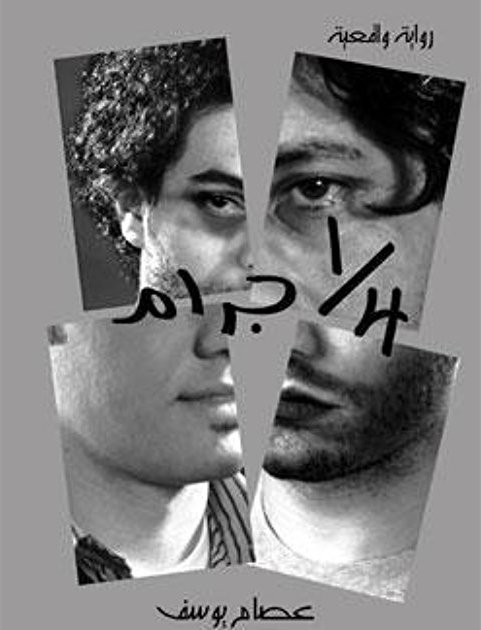
¼ Gram is the one novel no reading list is complete without. Based on a true story, it follows the trials and tribulations of a group of friends in Cairo as they deal with drug abuse, which are told through a narrator who records the moment of his first joint to his last heroin shot and the rehabilitation that follows. The novel is written in the first person and the reader is invited into the personal and intimate thoughts of the narrator, as he gets introduced to his first drug, to when he becomes a regular scorer, to shooting up with his friends and recovering only to fall back into the same patterns.
“On that day, for the first time, I felt high. I smoked two whole joints on my own. Since then it became known that: When a joint reaches Salah, it stops there.”
Sex in The Citadel (2013) by Shereen El Feki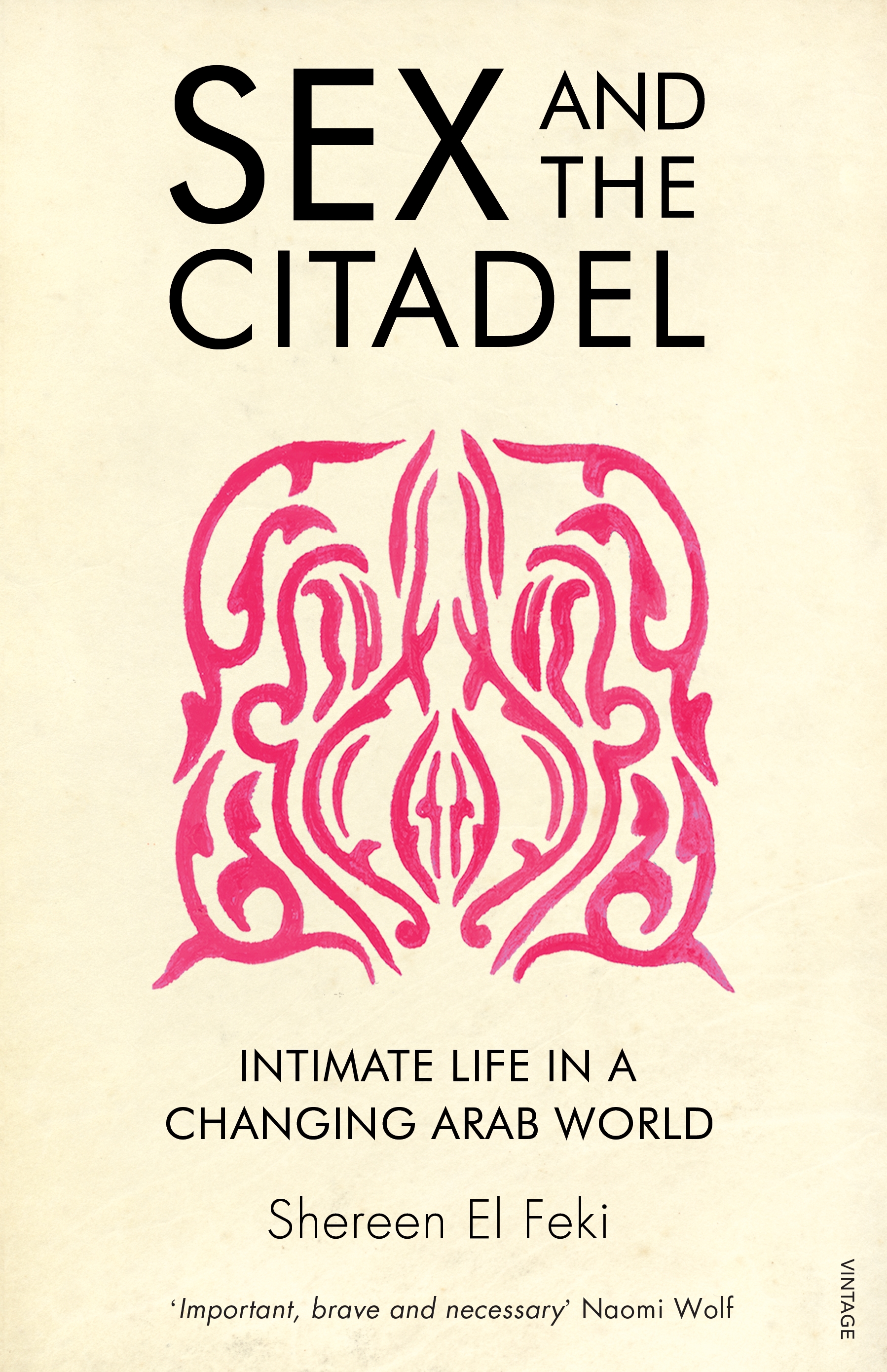
Sex and The Citadel merges different methods of storytelling using interviews, statistics, opinion polls and personal accounts, as the author takes an in-depth look at sex in the Arab world, with the main focus being on Egypt. Tackling topics from homosexuality, to sex on screen, to FGM, the author looks at sex as the lens through which she studies society and allows the reader to make their own interpretations. Speaking to women and men from different social classes and leading unrelated lifestyles, El Feki manages to give her readers insight on sexual life in Egypt through the tales told by those living through it.
“In Egypt, this sexual anxiety starts for many men on their wedding nights, with the fear that they will be 'markhi' or limp. Studies from across the region show that upward of 40 percent of older men may be suffering from some degree of erectile dysfunction, with younger ones also feeling the pinch.”
























